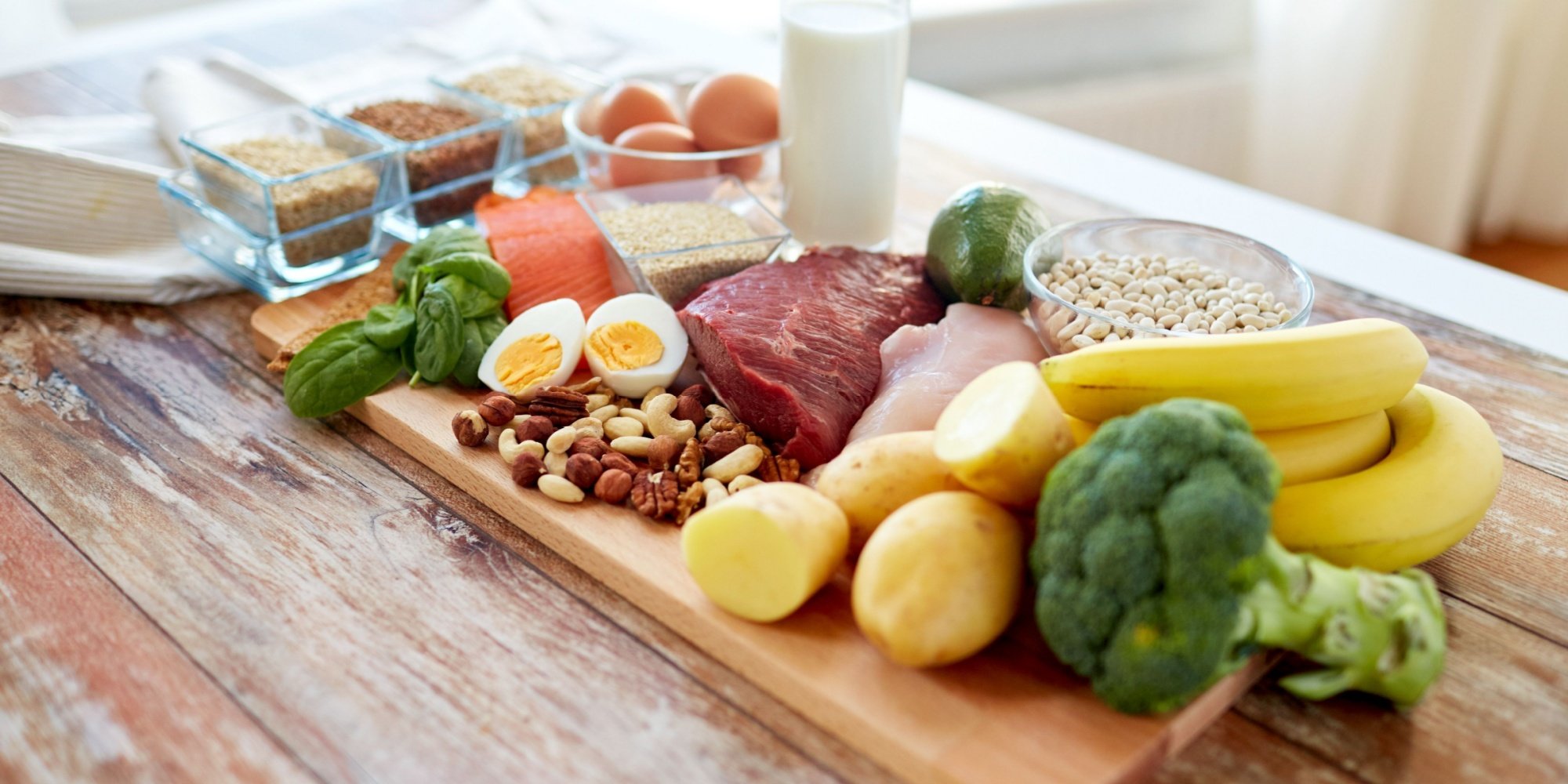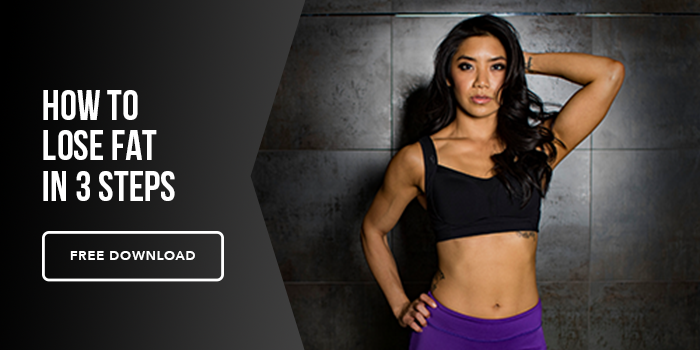Remember recess spent on the blacktop? When bold claims were met with two words of resistance: “Prove it.” You can touch the top of the goalpost? Prove it. You can catch a dodge ball thrown by Frank the Tank? Prove it.
If childhood is the prove-it phase, abs are the prove-it muscle. Unique from every other muscle in the body, having them is not enough to prove they exist. You can have strong and developed abs, but until you lose weight, no one will ever know.
The reason for this is simple. We carry a large percentage of our fat in our midsection. And that’s not necessarily a bad thing. While it might make us more hesitant to take off our shirt at a pool party, subcutaneous fat storage is an evolutionary advantage. But I know you’re not here to learn about biology. You want to learn how to eat your way to better abs. Let’s dive into it.
Do you pass the ab test?
Before you start slashing calories, it’s important to make sure you actually have enough muscle to justify cutting weight. If you’ve never resistance trained your abs while at maintenance calories or in a surplus, your time might be better spent building muscle first and then losing body fat.
Depending on your current body fat percentage, you can just dig into your stomach with your hands while flexing and get an idea of how developed your abs are. If finding muscle is like looking for a needle in a haystack, consider postponing your cutting phase and dedicating a training block to building more muscle.
Intelligently Navigating a Calorie Deficit
If you’re ready to start losing weight, you’ll need to know how to properly navigate a calorie deficit. Maintaining a steady calorie deficit is the blueprint to getting abs, but it comes with some obstacles.
Cutting calories too drastically can impact performance and lead to muscle loss. While losing weight is the goal, losing weight quickly isn’t. A modest deficit allows for steady fat loss while sustaining energy levels and workout performance. Because what good is having abs if you’re too weak to even do a sit-up?
Reducing calories while increasing protein
Reducing calories is easy. It doesn’t take a genius to not eat. The hard part is bringing our calories down without sacrificing protein. In fact, when we drop calories, we actually want to increase our protein intake.
To do this, we need to be prepared. If you only have 100 calories left for the day but also need to hit 50 more grams of protein, it doesn’t matter how lean your ground turkey is, the math just won’t work out. To avoid this happening, aggressively attack your protein goals early in the day, giving you more wiggle room in the evening.
By keeping our protein intake high, we can expect to preserve muscle mass even during periods of calorie restriction. Remember, having abs isn’t just a race to lower body fat; it’s a battle to retain muscle. There’s no point of burning all our fat if in the process we lose everything beneath it.






